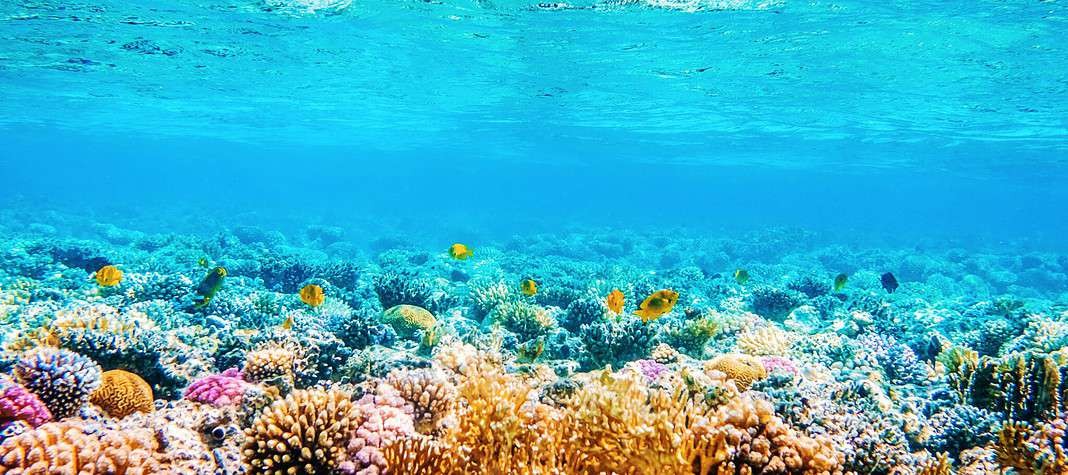A US$3 million (~€2.9 million) National Science Foundation grant has been awarded to a team of scientists for a project to empower local communities to help monitor reef health.
The multi-discipline team features researchers from Florida Atlantic University, the University of Colorado at Boulder, the University of New Mexico and the University of California Santa Cruz. The five-year grant aims to empower communities, and its findings can be used in policy development to protect and manage ecosystems.
According to FAU Assistant Professor Ashkaan Fahimipour:
“In coral reefs, the behavior of diverse assemblages of herbivorous fish is readily observable. These fish feed on benthic or seafloor-attached algae, which compete for limited space with coral species that lay the physical foundation of the ecosystem. Yet, how collective herbivory emerges in these ecosystems is poorly understood and ultimately hinges on ‘multivalent’ interactions among diverse fish species. Although we will apply these methods to coral reef ecosystems, the theoretical framework we develop for understanding the structure, evolution and dynamics of multivalent interaction networks will be general and, therefore, directly applicable to myriad complex biological systems that are subject to this Rule of Life.”
Commenting on the work, Michael Gil, an assistant professor at the University of Colorado at Boulder and principal investigator, stated:
“‘Multivalent’ interactions, in which biological units simultaneously affect one another in qualitatively distinct ways, are found in systems at virtually all levels of organization. Examples include bacteria that compete for nutrients but also share genes that confer antibiotic resistance, tree species that share carbon and infochemicals as they compete for water and light, and multi-species groups of birds, fish and mammals that compete for food but also exchange information about shared predators.
“As we begin to recognize the prevalence and dynamical significance of multivalent interactions, it is clear that we must develop new frameworks for studying how this feature of complex biological systems impacts emergent system function and responses to environmental change.”

